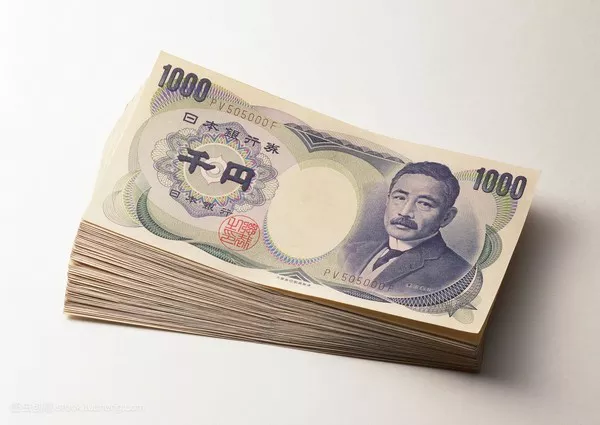The world of foreign exchange markets offers a plethora of investment opportunities for those seeking to diversify their portfolios and capitalize on global economic trends. One currency that has consistently attracted the attention of investors is the Japanese Yen. Renowned for its stability and the strength of the Japanese economy, the yen presents a compelling case for those looking to explore international investment avenues. In this article, we will delve into the various ways one can invest in the yen, exploring the intricacies of the foreign exchange market, and shedding light on the factors influencing the currency’s value.
Understanding the Japanese Yen:
Before delving into investment strategies, it’s essential to grasp the factors that impact the Japanese Yen. Japan boasts one of the world’s largest and most technologically advanced economies, characterized by innovation and a robust manufacturing sector. The yen is the official currency of Japan and is denoted by the symbol ¥. It is managed by the Bank of Japan (BoJ), the nation’s central bank, which plays a crucial role in influencing the currency’s value through monetary policies.
Investment Avenues in the Japanese Yen:
Forex Trading:
One of the most direct ways to invest in the Japanese Yen is through the foreign exchange (forex) market. Forex trading involves buying and selling currency pairs, with the yen often paired with major currencies like the US Dollar (USD/JPY) or the Euro (EUR/JPY). Investors can speculate on the yen’s movements by analyzing economic indicators, geopolitical events, and monetary policy decisions affecting Japan. It’s crucial to stay informed about global economic trends and events that may impact currency values.
Yen-denominated Assets:
Another avenue for investing in the Japanese Yen is through assets denominated in yen. This includes bonds, stocks, and other financial instruments issued by Japanese companies. Investors can consider purchasing Japanese government bonds (JGBs) or investing in Japanese stocks listed on the Tokyo Stock Exchange. Investing in yen-denominated assets provides exposure to Japan’s economic performance and can act as a hedge against currency risk.
Exchange-Traded Funds (ETFs):
ETFs offer a convenient way for investors to gain exposure to the Japanese Yen without directly engaging in forex trading. Yen ETFs track the performance of the currency against a basket of other currencies or financial instruments. These funds provide diversification and can be traded on major stock exchanges, offering liquidity and ease of access for investors looking to include the yen in their portfolios.
Currency Hedging:
For those with international investments, currency risk management is crucial. Investors can use currency hedging strategies to mitigate the impact of fluctuations in the yen’s value. This involves using financial instruments like futures or options contracts to offset potential losses resulting from unfavorable currency movements. Currency hedging can be a valuable tool for maintaining portfolio stability in the face of volatile forex markets.
Factors Influencing the Japanese Yen:
Monetary Policy:
The Bank of Japan plays a central role in shaping the value of the yen through monetary policy decisions. Interest rate changes, quantitative easing measures, and other policy tools can impact the currency’s strength. Investors should closely monitor the BoJ’s announcements and policy statements to anticipate potential shifts in the yen’s value.
Economic Indicators:
Key economic indicators such as GDP growth, inflation rates, and unemployment data provide insights into Japan’s economic health. Positive economic indicators often contribute to a stronger yen, while negative indicators may lead to depreciation. Regularly analyzing these indicators can help investors make informed decisions.
Geopolitical Events:
Geopolitical events, such as trade tensions, political instability, and global economic uncertainties, can influence the Japanese Yen’s value. Investors should stay abreast of international developments and their potential impact on currency markets.
Conclusion:
Investing in the Japanese Yen offers a gateway to one of the world’s most stable and dynamic economies. Whether through direct forex trading, yen-denominated assets, ETFs, or currency hedging, there are various avenues for investors to explore. Success in yen investments requires a comprehensive understanding of the factors influencing its value and a commitment to staying informed about global economic trends. As with any investment, it is advisable to conduct thorough research, consider risk tolerance, and, if necessary, consult with financial professionals to make well-informed decisions in the dynamic world of currency markets.


